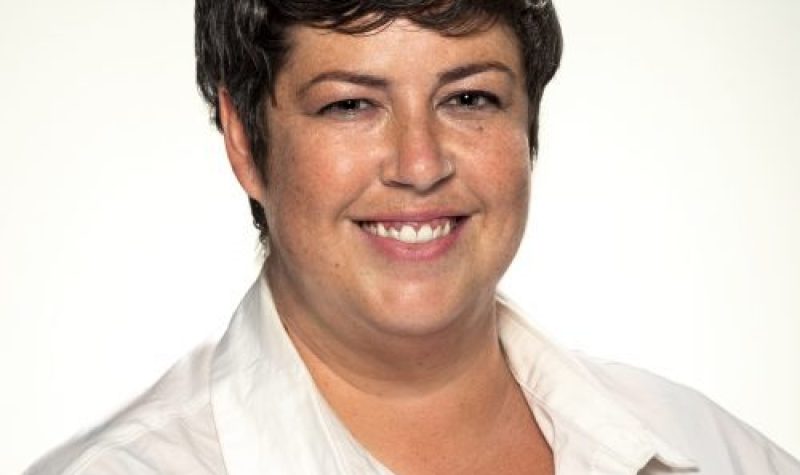In the lead up to the 2022 Toronto municipal election, CJRU is reaching out to all candidates in the downtown wards.
After conversations with members of the Ward 11 University-Rosedale community and her family, current interim Ward 13 city councillor Robin Buxton Potts said she wants to continue representing the needs of Toronto's downtown core in the upcomng election.
Potts, who has worked in politics for more than 10 years, said she brings in "fresh new ideas, but can start the job right away" based on her experience.
"I see myself as a voice that is currently not on city council," said Potts. "I'm in my early 30s, I'm a single person, I'm a queer person, I rent."
Prior to being appointed Ward 13 Toronto Centre's interim councillor this past spring, Potts worked as communications director and then as chief of staff for longtime councillor Kristyn Wong-Tam.
Wong-Tam resigned their council seat to successfully run for the NDP in the Ontario election this past June.
Potts said she became involved in politics because of affordable housing, one of the more pressing issues in University-Rosedale.
"Over 55 per cent of Torontonians rent, and do not have that voice represented," she said.
While the city continues to see massive developments across the downtown core, Potts said it is not enough and not always the types that are essential for every resident.
"Despite having the highest the number of, you know, cranes in the sky building these towers, we're still seeing a deficit of about 16,000 units being built every year just to maintain our current population, which means our housing crisis is getting worse faster than we can build out of it."
Potts said as councillor she will help diversify the types of housing being built. This will include ending exclusionary zoning and finding ways to cut the costs of building units.
One particular solution is removing channels like rezoning or design review panels, which she said adds more costs to developments.
Also, Potts said there will need to be more conversations on what is being prioritized. For example, parking has to be reduced, which she said is being added at the expense of more affordable housing possibilities. These conversations will also require the provincial and the federal governments, and she hopes each level can help Toronto with supportive housing.
Potts said this can help alleviate the severe strain on the shelter system and help those in tent encampements across city parks by "looking at the upstream of the problem."
On climate action, Potts approves of TransformTO, Toronto's plan for a greener city and reaching net zero carbon emissions.
However, she believes there needs to be more concrete approaches that can help achieve the initative's goals sooner. She said city council needs to find definitive timelines and allocate the right resources to each project.
For greener homes, Potts wants to ensure new developments adhere to TransformTO's goals, as well as help retro fit older homes.
For public transportation, she wants to reduce congestion in the downtown core by making the TTC more efficient to decentize the use of private cars.
As part of the 2SLGBTQ+ community, Potts said finding ways to show support and promote inclusion are at the forefront of standing up for their rights.
Potts said this mean creating enough safe spaces like gender affirming care for all residents.
"So [it's] finding ways where we could help people continue to be their true authentic selves where we stand up to hatred, where we loudly affirm and love those people - that is important for someone like me on city council."
Overall, Potts said the goals of her platform will also focus on the long-term financial plans of the city and how it can resource the needs of its residents.
At the moment, she said there is a $1.4 billion pressure on this year's budget, and if the other levels of government cannot help, the city's capital reserve fund is taxed.
Potts said the solution is to find "funding tools" to ensure property taxes do not bare the brunt.
Examples she mentions include parking levy tax, entertainment tax and a percentage of the sales tax.
"This election is critically important to talk about the kind of city we want," Potts said. "We need to look very seriously at how we are going to keep paying for this city, and make sure the people who want to live here can keep living here - Affordability is a real crisis."
Toronto's election is scheduled for Oct.24.
More information on Robin Buxton Potts' platform can be found here.
Listen to Robin Buxton Potts' full interview:


